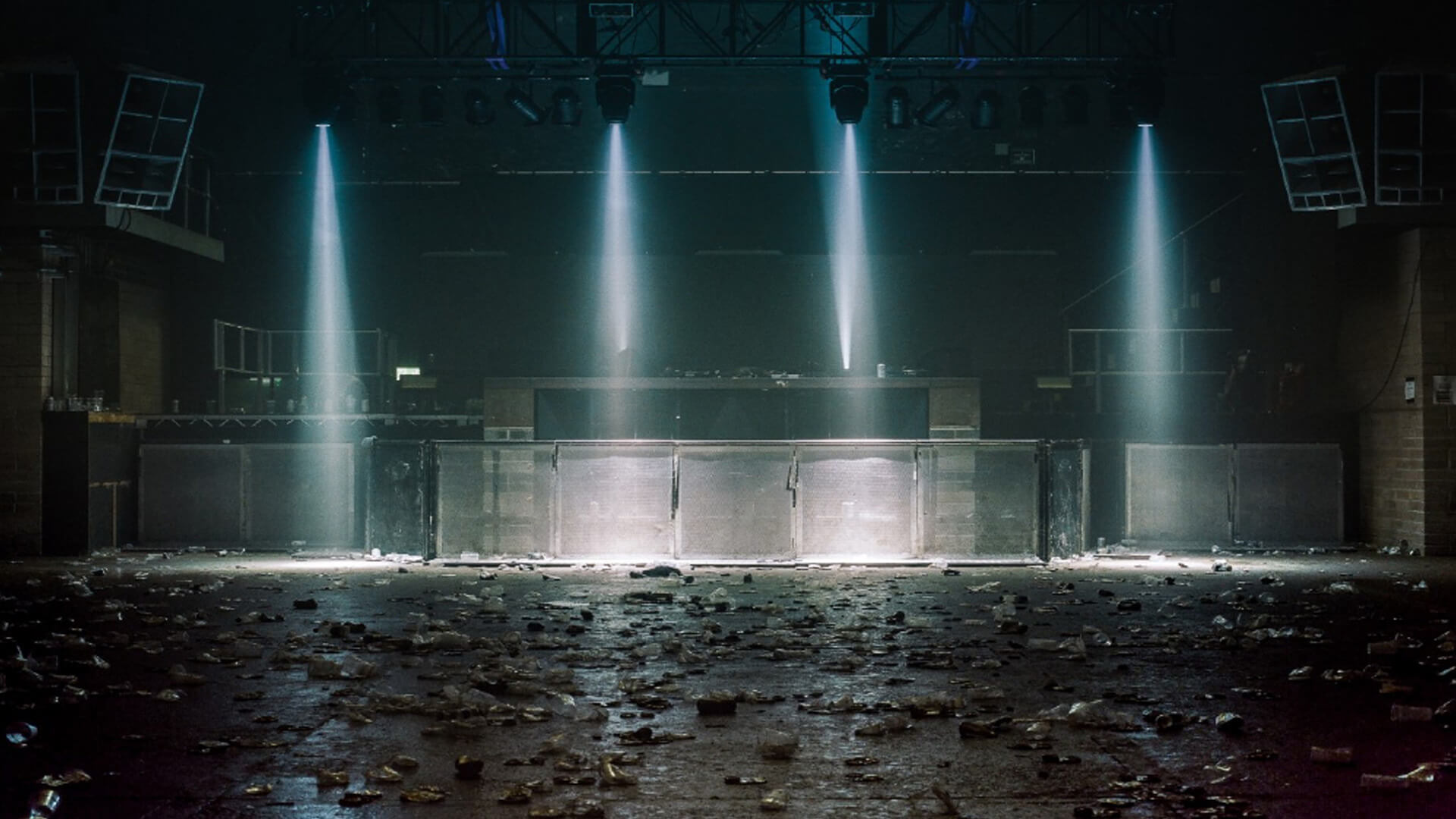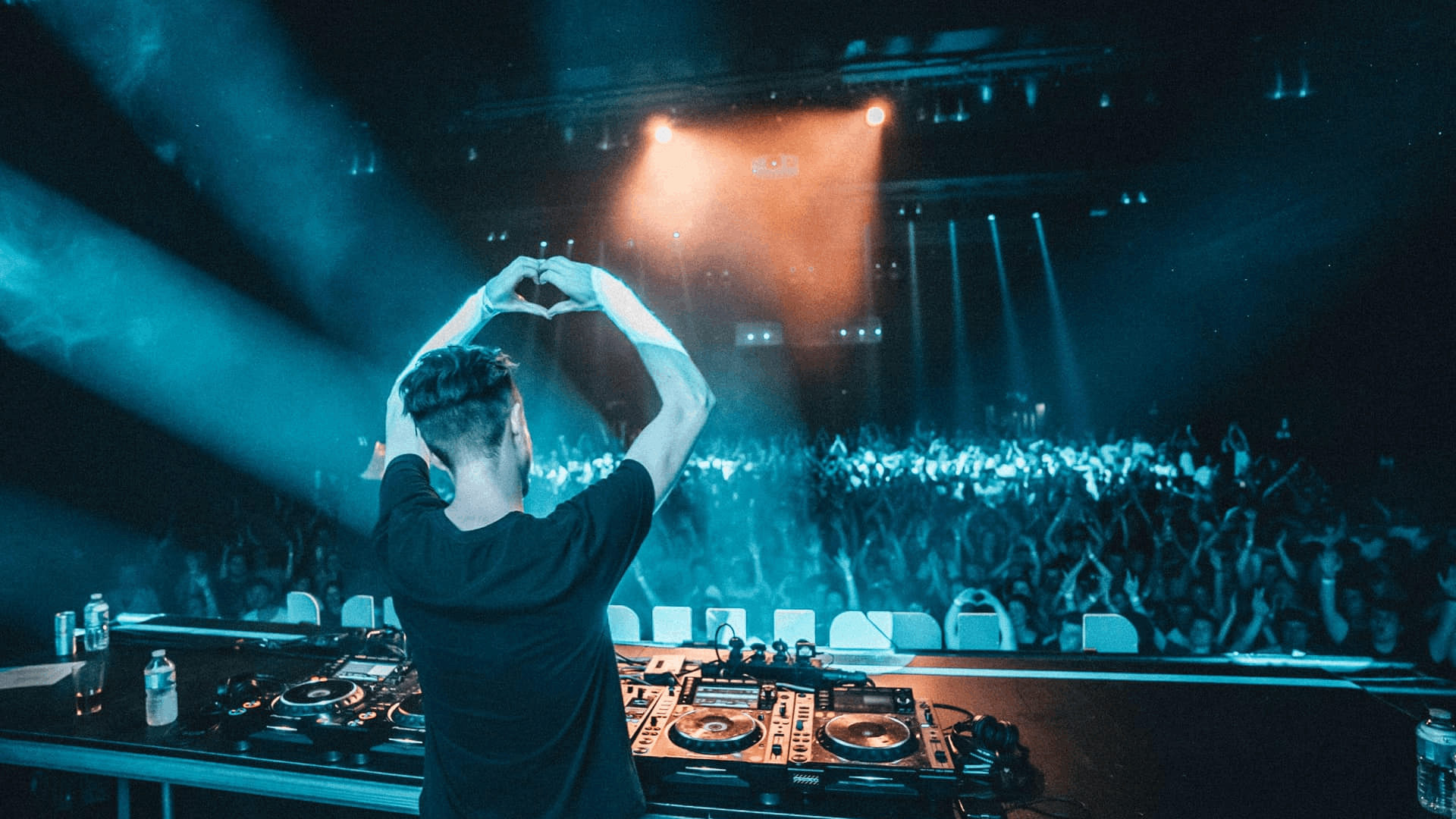The nightlife, events and the cultural sectors have been some of the hardest hit by Covid-19 and the government’s response to it. When they closed their doors back in March, clubs and venues were assured that ‘we were all in this together’ – they were promised that support would be given to save staff and businesses. Yet for many, that support has yet to materialise. Some have tried to adapt with socially distanced and outdoor events but the introduction of the 10 pm curfew (which looks set to be around for the next six months) is likely to be the last nail in the coffin for many of our favourite nightspots.
And you’d be forgiven for thinking that the government was actively encouraging this or, at best, simply didn’t care. Rishi Sunak recently stated that he now only wants to save ‘viable jobs’ which, from a closer look at his winter economic plan, apparently doesn’t extend to the UK’s 5th biggest industry (worth up to £66 billion a year) and the hundreds of thousands of people currently working in nightlife and events. “If this global pandemic wasn’t bad and depressing enough as it is, we now have to deal with the fact that our failing government has deemed us unskilled and worthless, talk about salt in the wound,” Toby Tinwell (better known as DJ and Producer Colossus) told me, echoing how people in the industry feel on receiving this news.

Photo Credit – Joe Okpako // @projoe.photography
A look at the sheer number of roles at risk will show you just how insulting this is. People who have trained for decades to obtain niche skills are now being told to simply ‘get another job’. Jon Brown, a professional stage technician who has worked at many major festivals including Parklife and Leeds Fest, told me why this isn’t that simple.
“I’ve been working in this industry for the past 15 years” Jon said. “I’ve learned specialised skills that are pretty much nontransferable to other industries. Things like stage automation, pyro and performer flying. Since the start of the original lockdown my work has completely disappeared with no sign of anything coming back anytime soon. Surviving now only on Universal credit, I long for a day when I can return to doing the job that I’ve been training to do for nearly half my life.’
As a contract worker, John is amongst the thousands of trained professionals who are yet to receive any specific financial support for their industries. This has meant that many have had to take underpaid jobs in other areas where their skills are wasted. Damian Breeze has worked at numerous venues and festivals as a successful freelance sound engineer but has now had to take up a job at a supermarket to keep himself afloat.
“On March the 14th, my life ended,” he told me. “I was working a show at a venue I’ve devoted the last 8 years of my life to. We’d all spent the past week watching other shows cancel one after another, toppling like dominoes.
“Since then, every single booking in my diary got cancelled, and I haven’t worked a single show in over 6 months now. My freelance income plummeted to literally ZERO, and I was forced to find employment elsewhere. That wage, plus the pittance I have received in government support, has been JUST enough to survive on, but come November, once furlough ends, I will be in real financial difficulty.
“I’m looking to retrain in order to earn a higher wage in the meantime, but when you’ve dedicated the last 15 years of your life to a very specific career path, how do you go about retraining?”

@tabsfireman / @femaleperspective
Damien described to me how this situation has left him feeling ‘utterly miserable’. And he’s not alone. Being out of work and told their skills are worthless has had a negative impact on many of the people I spoke to in response to this crisis. Emma Stone is a photographer who has captured live events and nights at many venues including Leeds Academy. She told me how she was fortunate enough to receive some support from the government (although this would have left her struggling for food if it weren’t for her second job) but it’s not the financial burden that worries her.
“It’s taking a toll on people’s mental health,” Emma said. “They’re not able to go out and do the work they love; I for one adore the thrill of shooting a show, and it’s really disheartening to not be able to go out and capture the exciting moments that come with the territory.”

But is it any wonder people are struggling mentally when they feel like they’ve been completely forgotten? Not just by the government but by audiences and attendees even if it’s unintentionally. When I’ve spoken to friends about the impending collapse of our nightlife and events culture, I’ve been met with the opinion of ‘oh well, I’m sure new clubs will open instead’ but this is fundamentally missing the point. How do we expect to attend events if there’s nobody left to run them?
Alex Wilson, the Booking and Promotion manager at the popular Leeds bar turned club Old Red Bus Station and co-founder of the legendary liquid DnB night Overflow, predicts that many professionals will abandon the UK scene altogether in the wake of the pandemic.
“Having spoken to many of my friends in the industry, I foresee a pretty big mass exodus of creatives leaving the country to use their skills elsewhere, skills that we’ve led the world in for the best part of 60 years,” Alex said.
This is something which Rich Reason, the man behind Manchester’s long-standing bass music night Hit & Run and Warehouse Project resident, also fears. He told me how he is determined to keep Hit & Run alive but for the first time in 20 years he has considered other options. “For the first time, especially as I now have a family, I have started to entertain leaving the industry, and the country to be honest,” he told me. “If I ever did, it would be with a hugely heavy heart, but the only things keeping me in the country is the music scene and the good humour of the people and community; and the former is being obliterated by the government, and the latter being put under serious strain.”
The frustration of many is born out of the fact that the government is continually moving the goalposts. Both in terms of guidelines and funding. Hit & Run suffered a further set back when their planned day events at the socially distanced venue Social Avenue were pulled at the last minute whilst Old Red Bus Station is one of hundreds of grassroot venues still waiting to hear about the distribution of the government’s cultural recovery fund. This was due to be announced on Monday 5th October but was delayed by a week less than 72 hours before answers were expected. For some, this might now be too late with another venue owner commenting on how he’d been “hanging by a thread like many others” and how he’d “begged and borrowed to last until this weekend”.
youtube.com/NikkPow
Marios Sozo, the Assistant Technical Manager at Manchester Academy, told me how he has lost friends during this dark period. Musicians who took their lives when they found themselves out of work and unable to cope. He himself has struggled having missed out on around £5,000 in income between April and May but he’s channelled his energies into proving that venues (just like bars, restaurants and public transport) could reopen safely if health and safety measures were followed. He is an active member of the global movement We Make Events.
He told me that “We Make Events is the biggest body of music industry people ever assembled in the UK. The talent and knowledge is ridiculous. We’re trying to explain why we’ve been forgotten and that everything we do isn’t a hobby and we can’t get a “normal” job because this is our normal job”.
We Make Events recently partnered up with other organisations such as The Music Venue Trust, Save Nightlife and Forgotten LTD to promote awareness through the ‘Red Alert’ or ‘Light It in Red’ campaign which saw clubs, venues and arts institutions all illuminated in red in order to draw attention to this crisis. Some people have been critical of the action claiming that this hasn’t gone far enough but Dan Burridge, the bookings and marketing manager for two clubs in Leeds (the underground favourite Wire and the legendary HiFi), was keen to show his support. He told me that “the campaign has been great, seeing so many people in the industry pull together to support each other and raise awareness”.

Unity and awareness are the key reasons I’m writing this piece in the first place. When talking about the importance of audiences Rich Reason told me how “it’s a symbiotic relationship, especially when everything is right. From the agent, to the DJ, to the bar staff, to the bouncer, to the promoter, to the sound engineer, to the lighting, to the raver, we all need each other.” Which makes me think about how much of an impact we could have if we all stood together.
When I started writing this piece, I initially only reached out to friends that I knew working within the DnB scene but as it’s progressed, it was clear that I needed to point out that this is the story of more than just one genre. This is something that impacts each and every music lover in the country.
As I’ve dug deeper, I’ve been inundated with people willing to tell their story and I am immensely grateful to them. I’ve spoken to people like professional skilled plumber Steven Harris who told me of his fear of going from earning good money working at the top UK festivals to the possibility of ‘working for a tinpot company on basic wage.’ And security guard John Morgan-Evans spoke to me about unreliable furlough schemes including one agency that ‘just stopped paying furlough when they had to start to make a contribution to the payments.’ A lot of his colleagues have now signed on. But each and every one of these jobs is viable. And every person vital if we want to keep the music playing.
As someone who was raised in the pit but found herself in the dance, I want to see ravers and rockers (and everyone in between) unite behind the UK’s music and event professionals. We shouldn’t just accept our fate. In the words of Rich Reason “I think the main thing that helps, which is free, is making as much noise as possible to pressure the Government into giving the industry more support. The only thing this Government is good at is U-Turns, so don’t think all hope is yet lost. Also, putting pressure via social media on those with bigger platforms would be helpful. It’s been pretty shocking that so many of this musical country’s biggest acts aren’t making more noise.”
We need the government to outline an industry specific package that will save an industry that was, up until now, looked upon with envy by other countries. Let’s put our tastes aside and stand together as one, a formidable force determined to not let our rich and vibrant culture rot before our eyes.
Organisations to support: We Make Events Music Venue Trust Save Nightlife Forgotten LTD
Cover photo credit: Maximilian Fullerton









